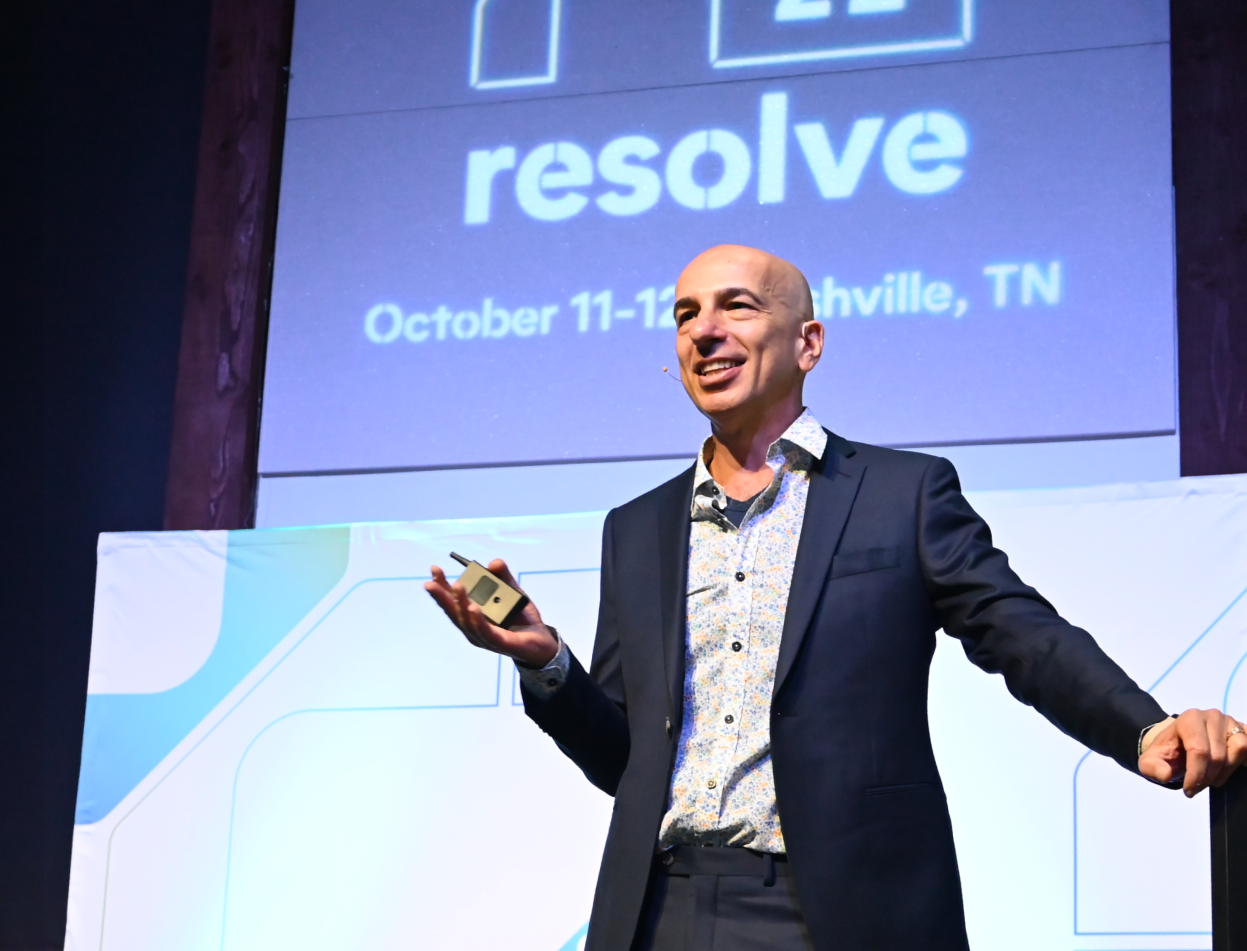Healthcare should be patient-centric, yet nearly half of surveyed consumers believe the healthcare industry is more focused on itself, as opposed to patient needs. Providers have an opportunity to turn this around by tapping into voice AI and the benefits that it provides consumers. “[C]onsumers believe AI can increase efficiency and deliver personalized recommendations, through appointment scheduling, health reminders, and cost-saving recommendations.”
Some healthcare providers are already using AI, but there’s still progress to be made. Only 37% of healthcare organizations use AI, with widespread uses including clinical application, risk scoring, medication safety warnings, and patient-facing interaction. Yet, 54% believe that AI will be ubiquitous in the healthcare industry by 2023.
According to PwC, “[a]n era of patient-centric health systems is emerging.” As the healthcare industry shifts away from fragmented care, patients will play a more critical role in decision-making and coordination of care while driving new business models. Like other industries, such as e-commerce and financial services, healthcare organizations must prioritize the customer experience. Let’s look at some ways that voice AI can help healthcare organizations achieve this.
24/7/365 on-demand access to healthcare
Along with hurdles such as a disintegrated care model and out-of-date technology, healthcare providers now must manage evolving patient expectations. Healthcare often feels complex and inaccessible. Now, consumers are breaking down these barriers, demanding self-service options that are easy to navigate. For example, 52% are interested in a voice assistant for health tips.
With real-time communication now available through chat and social media, consumers expect the same in healthcare. Younger generations, such as Millennials and Gen Z, will continue to drive this expectation, with 63% valuing instant messaging and 42% demanding video chat. The healthcare industry can step up to provide instantaneous, around-the-clock care by integrating voice AI into its customer service operations.
Reduced manual data entry leads to more time with patients
According to the World Medical Innovation Forum, voice AI is one of the top twelve disruptive healthcare AI technologies, as “voice assistants are being explored for reducing physicians’ data entry burdens.”
By using speech recognition and natural language processing, voice AI can dramatically reduce the time clinicians spend reviewing documentation, such as electronic health records or billing. With healthcare professionals spending approximately one-third of their time on paperwork, voice AI can help healthcare providers, such as clinicians, “deliver better care and provide more of what matters: quality time with patients.”
Automated appointment management and patient operations
With voice AI, the healthcare industry can reduce friction with various transactional tasks that happen throughout the patient’s experience. It can offer “easier ways to book an appointment or check in, [reduce] waiting times, [get] tests results without seeing a doctor or 24/7 access to the health information and care.”
AI can also automate insurance eligibility, unadjudicated claims, and outstanding balances. These mundane and repetitive tasks can be handled by voice AI with no errors. This not only improves the patient experience, but it also frees up healthcare workers to focus on patients — not paperwork. By streamlining healthcare services through voice AI, healthcare providers and other workers can reduce costs associated with care and remove frustrating barriers for patients.
Increased patient disclosure can reduce readmission
Voice AI can also increase patient disclosures, which in turn, reduces readmission. Wolters Kluwer, which provides “trusted clinical technology and evidence-based solutions that engage clinicians, patients, researchers, students, and the next generation of healthcare providers,” found this to be true within their own business operations.
The company provides a personalized and interactive voice bot named Emmi. Consumers know they are not speaking to a human agent. But according to Shara Cohen, vice president of Customer Experience for Clinical Effectiveness at Wolters Kluwer Health, this can often be advantageous. For example, Cohen states, “’What we’ve found is patients are willing to disclose embarrassing or sensitive topics to a voice that’s not going to have a reaction.’”
For one provider using Emmi, “83 percent of patients who disclosed depression to Emmi hadn’t discussed this with their physician.” Also, Emmi’s AI can notify nurses of “patients who need a follow-up call with a clinician.” It can even go “deeper into analytics through subsets of information, such as length of time on a call, to predict readmission risk.” Voice AI offers scale to healthcare professionals that they otherwise wouldn’t have, while giving patients a user-friendly outlet for frank disclosures.
With voice AI, healthcare workers will predict patients’ needs and concerns better while encouraging patients to take more control of their own health journey. See how healthcare providers are using Replicant Voice to automatically manage appointments and offer proactive and personalized patient care.





